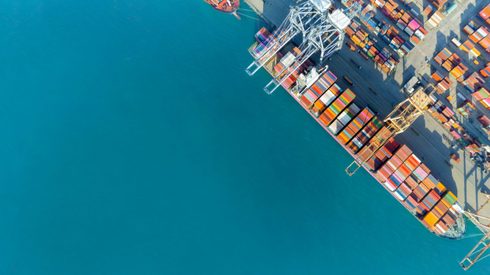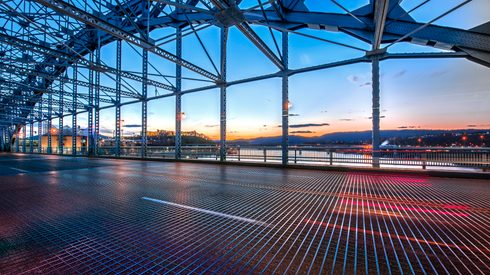The Turkish Steel Producers’ Association (TCUD) noted the importance of revising the incentives for state subsidies to accelerate the green transformation, such as the system in the EU, the association said in its monthly report dated Friday September 27.
The Medium-Term Programme 2025-27, announced early in September by the Turkish Undersecretariat for Planning Organization, included promises of policies such as support for industrial, technological and digital transformation, speeding up the green transformation, and that renewable energy sources would be increased and dependency on imports reduced within the target period, TCUD said.
Turkish long steelmaker Yazici Iron & Steel, located in Iskenderun, south-east Turkey, is investing in a solar power plant, according to the Ministry of Environment and Urbanization. The environmental impact assessment process has begun for this plant, with capacity for 47MWe and able to produce 100.40 million kW per year. The total investment will be 737 million Turkish lira ($21.56 million).
Erdemir Group, the country’s biggest steelmaker, intends to reduce carbon emissions per tonne of steel by 25% by 2030, and by 40% by 2040, according to general manager Niyazi Aşkın Peker. Erdemir Group owner Oyak has a target of zero emissions by 2050, Peker said in a press conference on September 20.
İsdemir, part of the Erdemir Group, is investing in a solar energy plant in Eyyübiye, at Şanlıurfa in south-east Turkey. The plant will have capacity for 135MWe and will require total investment of 2.56 billion lira ($74.88 million).
Erdemir Group will spend a total of $3.2 billion, Peker said.
Erdemir, the group’s northern steel production plant, was Turkey’s first and largest integrated steel producer. On August 29, a presidential decree declared it to be the Zonguldak Special Industrial Zone. The change in status was expected to speed up investment in methods to reduce carbon emissions, Peker said.
Turkish mills will continue their investments to meet their net carbon emissions target ahead of the full implementation of the EU’s Carbon Border Adjustment Mechanism (CBAM) on January 1, 2026, Turkish market participants believed.
The reason companies are investing in greener energy and steel is not because of a lack of other energy sources, but out of a sense of responsibility toward future generations, Fuat Tosyali, chairman of Tosyali Holding, said at the Green Steel Summit in Istanbul on May 9.
Other steel mills in Turkey that have announced investments in renewable energy and the reduction of carbon emissions include Tezcan Galvaniz, Tosyali Holding, Habas, Diler Holding and Tatmetal Celik.






